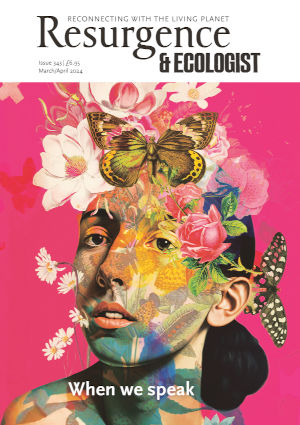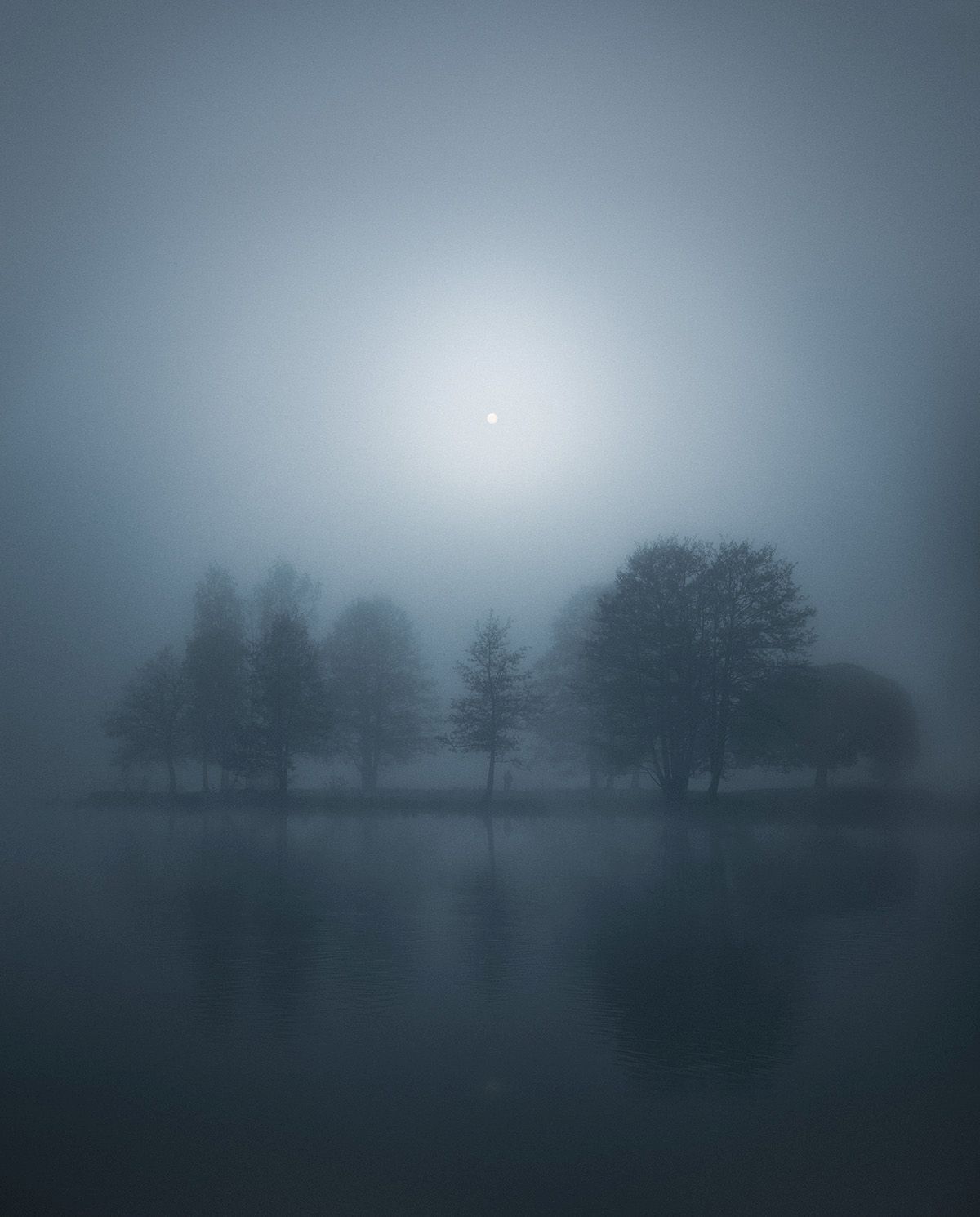Forty-three years ago, I had just taken (and failed the first time) the Venerable Bede Latin paper for Oxford History prelims. I was recently reminded of Bede by my aunt and then I found a link to this story of the sparrow that flies briefly into an Anglo-Saxon feasting hall. Here is the quote:
“The present life of man upon earth, O King, seems to me in comparison with that time which is unknown to us like the swift flight of a sparrow through the mead-hall where you sit at supper in winter, with your Ealdormen and Thanes, while the fire blazes in the midst and the hall is warmed, but the wintry storms of rain or snow are raging abroad. The sparrow, flying in at one door and immediately out at another, whilst he is within, is safe from the wintry tempest, but after a short space of fair weather, he immediately vanishes out of your sight, passing from winter to winter again. So this life of man appears for a little while, but of what is to follow or what went before we know nothing at all.”
Bede could mean that life has no meaning, or he could mean that we are here for a short time and must do our best to make it count – and that it is exactly the limited nature of life that gives it meaning and allows us to create something beautiful out of the minutes allotted to us. Let us believe that he surely meant the latter. And since we are living through a decade that will, according to many, determine the fate of humanity, there is no shortage of opportunity for useful work.
We all know this to be true, especially during these critical times, including, back in November, the spectacle of COP28 being chaired (unbelievably) by the head of the world’s twelfth-largest oil company, who appears to deny climate science and has argued that we will all have to go back to living in caves if we phase out fossil fuel now.
As we all know also, the multiple environmental crises have accelerated over this past year, and the failure of the world’s endlessly disappointing leaders to measure up to the situation has become more and more evident. We are currently heading towards the sixth great collapse of our Earth systems, and many points of instability appear to be reaching tipping points.
Total loss of late-summer sea ice in the Arctic could happen as early as the next decade. Antarctic sea ice is melting faster and faster, and this could lead to a cascading collapse of freshwater ice shelves. The circulation of currents in the oceans is slowing, and in the Amazon a combination of deforestation and climate breakdown could soon begin to reduce rainfall and thereby turn the forest into savannah. Permafrost peatlands in the Arctic could also be approaching a tipping point, as indicated by sudden spikes of methane, carbon dioxide and nitrous oxide.
A total of 48% of the world’s species are declining in population size – and July 2023 was the hottest month ever recorded. Meanwhile, the UK government continues to issue new North Sea oil and gas licences.
I don’t want to repeat too many depressing facts, which we already know well, but we are clearly entering or in fact have already entered a ‘now or never’ time.
The world has lost its way, but it is also full of love and kindness and light. It is the seekers after power and money who have really wandered off the track: the Widmerpools* of this world, who seem to think that any means are justified to add to their power and wealth. Then there is the myth of progress itself, the underpinning belief of so much western thought, and the closely connected desire for endless economic growth, regardless of the consequences and the enormous collateral – or, in fact, intrinsic – damage. At the same time, our human psyches have become dangerously divorced and separated from our natural habitat.
The necessary solutions are mostly equally well known, solutions that must of course also include a huge commitment to increase social and economic justice, nationally and internationally, and are clear and readily available. It is only our communal mindset and lack of sufficient political will that need to change (and also vested interests, which need to get firmly out of the way, of course).
So the message of Resurgence is more crucial than ever. We humans are not separate from Nature. We are Nature. There is no distinction. We are all made from the four elements of earth, air, fire and water. And all of Nature is alive, conscious and intelligent. We are all connected together. The community of Resurgence is underpinned by interconnectedness and relationships, which are the essence of life. We are all interdependent. Satish Kumar wrote recently in our magazine: “There is no separation between humans and Nature. Nature is sacred, and life is sacred. Reverence for life, love of life and compassion for each other are the fundamental principles of existence.”
It is such a privilege to support Resurgence and to enable Satish’s voice, and so many other inspiring voices, to reach the largest possible audience via our magazine, our two websites and our online and in-person events. We know what really makes us feel good as humans, and that is meaningful and purposeful connection with one another, and connection with the natural world and the peace and joy that brings. Those are the only things that truly matter. Connections, not possessions.
* Kenneth Widmerpool is a fictional character in Anthony Powell’s novel sequence A Dance to the Music of Time.








